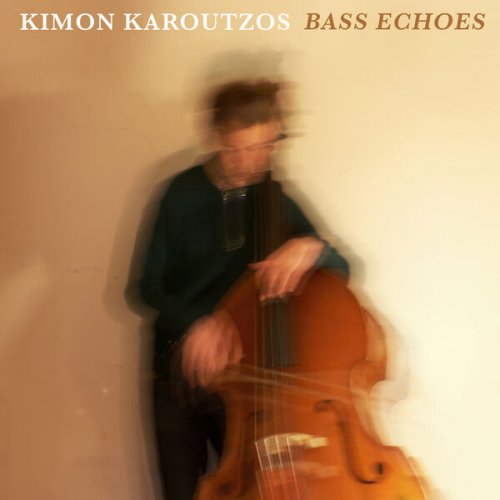Stefano Travaglini - Ellipse (2017)
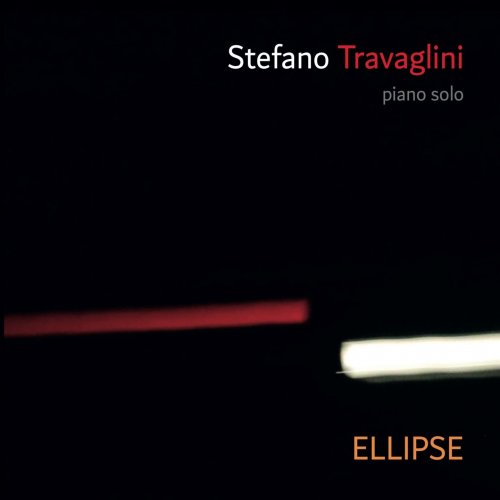
Artist: Stefano Travaglini
Title: Ellipse
Year Of Release: 2017
Label: Notami Jazz
Genre: Piano Jazz
Quality: flac lossless (tracks)
Total Time: 01:00:22
Total Size: 209 mb
WebSite: Album Preview
TracklistTitle: Ellipse
Year Of Release: 2017
Label: Notami Jazz
Genre: Piano Jazz
Quality: flac lossless (tracks)
Total Time: 01:00:22
Total Size: 209 mb
WebSite: Album Preview
01. The Importance of Fishing
02. Life
03. The Flowering Season
04. Persistence
05. Monk's Mood / Presences
06. Looking Back
07. Intermezzo
08. Softly, as in Morning Sunrise
09. Good Bye, for Now (Meditation)
Italy's Stefano Travaglini - primarily a composer and pianist—is wildly diverse as an instrumentalist and composer. He has performed on oboe and bass guitar, studied with Estonian composer Arvo Part and American jazz and classical composer Vince Mendoza. Touring throughout four continents, Travaglini has demonstrated impressive proficiency in both jazz and classical genres though he is equally at home where categorizations aren't easily applied. A case in point is his debut album The Hungarian Songbook (Terre Sommerse, 2013); a collection of Eastern European and Gipsy folksongs arranged for voice and improvised piano.
Ellipse is a solo piano collection, recorded spontaneously, without edits or modifications. It can be classified as free improvisation but—as on the opening "The Importance of Fishing"—abstraction and lyricism coexist nicely. The 1928 song "Softly, as in a Morning Sunrise" by Sigmund Romberg and Oscar Hammerstein II was originally composed as a dance piece, but in most of its many jazz forms, has been greatly modified. Travaglini's interpretation is unique in its mix of staccato notes and nonlinear improvisation. "Monk's Mood" is also covered as the first part of a medley with Travaglini's own "Presences." The pianist treats Thelonius Monk with due respect even while occasionally infusing the ballad rendition with a more aggressive attitude. "Looking Back" and the closing piece, "Good Bye, for Now" are beautifully expressive and more structured.
Travaglini improvises as if having previously immersed his mind in a written version of the same piece. On Ellipse, the spontaneous creations, the melodies and passages, all hang together as if part of a well-planned narrative. Since he quotes the zen-like philosophy of Lee Konitz with "That's my way of preparation—to not be prepared" we can assume that the structures we hear are being developed in real time. Ellipse is a terrific solo piano recording; adventurous, but never over the top, and often quite beautiful.
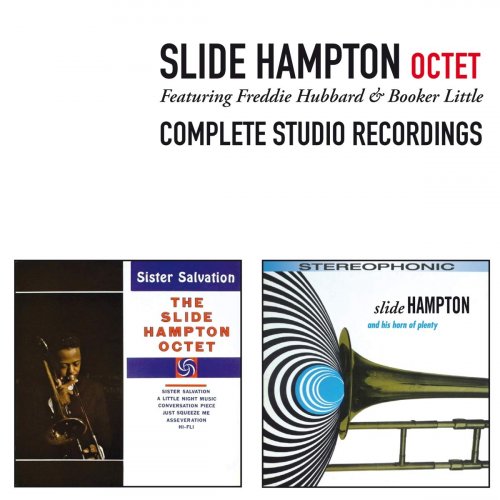
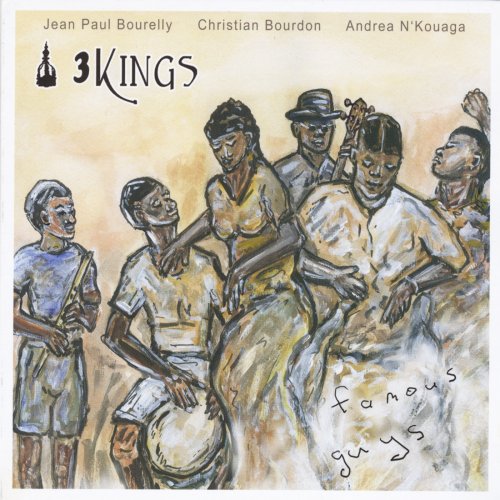


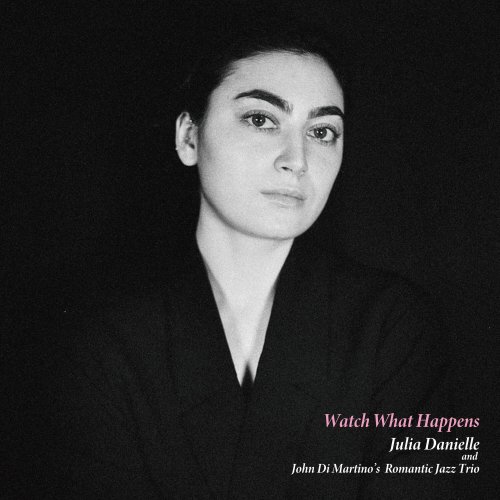
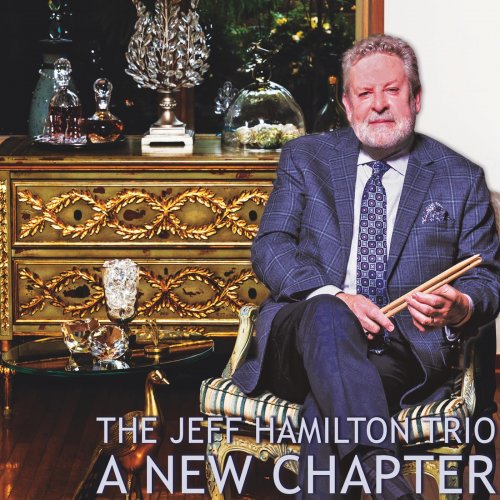
![K.D. Lang - Ingénue (25th Anniversary Edition) (1992/2017) [Hi-Res] K.D. Lang - Ingénue (25th Anniversary Edition) (1992/2017) [Hi-Res]](https://www.dibpic.com/uploads/posts/2026-02/1771149710_cover.png)
![When I Return - The Weight Of Bloom (2026) [Hi-Res] When I Return - The Weight Of Bloom (2026) [Hi-Res]](https://www.dibpic.com/uploads/posts/2026-02/1771391261_qn90r0j477aml_600.jpg)
